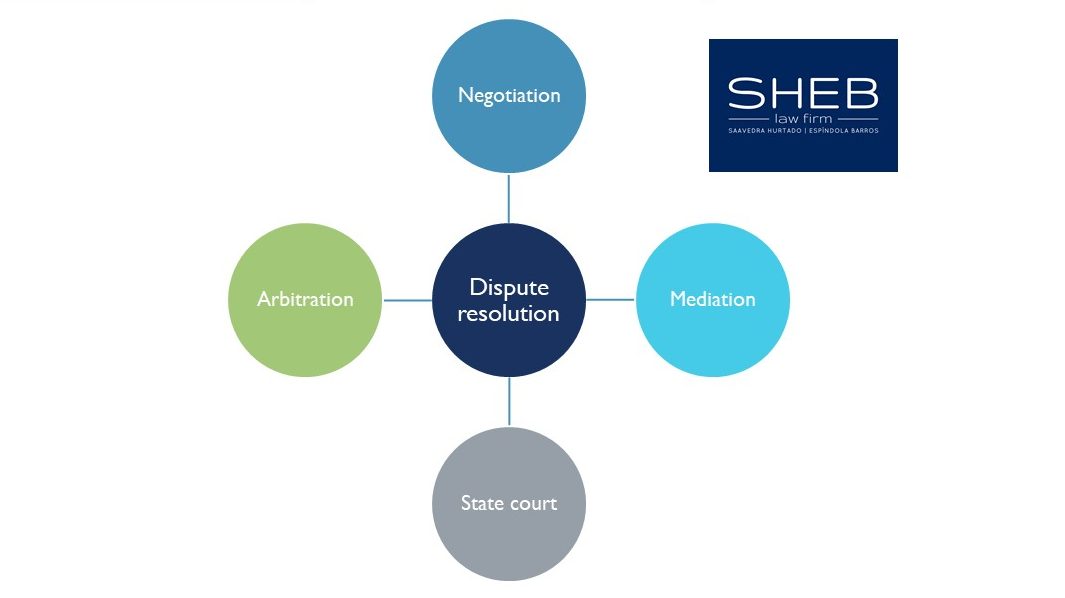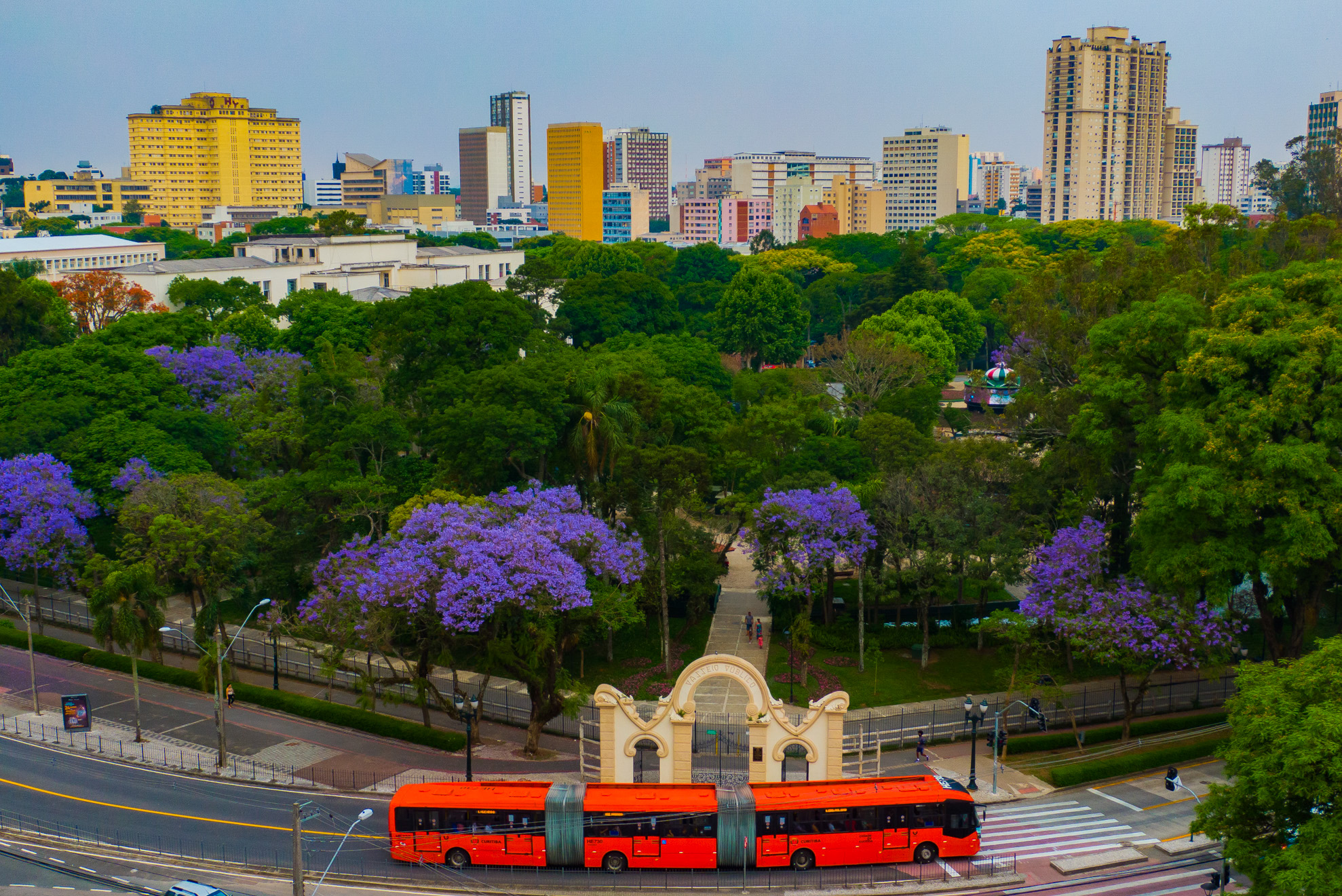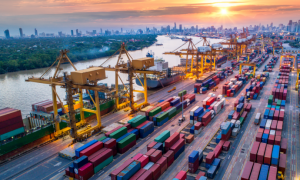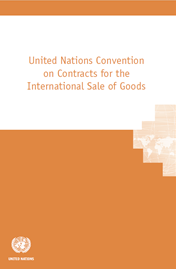
DISPUTE RESOLUTION IN BRAZIL: NEGOTIATION, MEDIATION, STATE COURTS AND ARBITRATION
1 de January de 2022
THINKING ABOUT STARTUPS IN BRAZIL? MEET THE BRAZILIAN ‘SILICON VALLEY’
17 de January de 2022A Chinese manufacturer produces toys to sell around the world. A Brazilian retailer has several stores and wants to import goods aiming the sales increase during Christmas. After negotiations, parties sign a USD 2 million-dollar sales contract (CIF Paranagua Port, Brazil). The Chinese seller shall deliver the goods no later than 15 November. It is the timeframe the Brazilian buyer needs to collect the goods and redistribute to its retailers stores in different parts of the country.
What if something goes wrong?

The Chinese seller might deliver goods not in conformity with the specifications of the Brazilian legislation which were properly indicated in the contract. Goods may arrive in Brazil only in January, due to shipping problems, which represents a huge loss in the profits envisaged by the Brazilian buyer. The Brazilian seller may delay payment of the second installment of the contract, or may issue a Letter of Credit from a bank that do not release the money to the Chinese seller. The Brazilian buyer may redirect the goods to a different country, competing against a company with whom the Chinese seller has a exclusive distribution agreement.
In sum, when things go wrong, one has to ask: what rights parties have? What is the law applicable to the contract? The Brazilian buyer may wonder what rights it has under the Chinese law, and vice-versa, the Chinese seller considers whether the Brazilian law grants legal action in the case.
And here is the importance of understanding the CISG. By the way, what this acronym stands for? Let us explain.
The CISG is an international treaty and it means Convention on Contracts for the International Sales of Goods. It was issued by the UNCITRAL, which is the United Nations’ commission dedicated to international trade. They are responsible for developing legal instruments that help developing trade around the globe. It is important to notice the difference between what UNCITRAL does and the kind of work done by WTO (World Trade Organization).
WTO is a center for discussion for agreements on markets and tariffs between nations. It is a forum for macroeconomic police discussions. An agreement in WTO modifies tariffs and barriers between nations.
On the other hand, UNCITRAL develops a work on a microeconomic level. The legal instruments from UNCITRAL are to be applied directly by the parties. Sometimes, it is an international treaty, to which states have to adhere; in other circumstances, UNCITRAL produce a model law, a guideline for countries to modify their own national laws.
The CISG is an international treaty approved by the United Nations in 1980. Since then, dozens of states have accepted the treaty. Currently there are 94 parties to the treaty. The full list is available here: https://uncitral.un.org/en/texts/salegoods/conventions/sale_of_goods/cisg/status
 Globally it responds potentially 80-90% of the trades.
Globally it responds potentially 80-90% of the trades.
Once a country becomes a member state, its national legislation incorporates the CISG legal text.
Therefore, if the two countries are CISG member states, the rights and obligations of the parties are the same.
Back to the example above, Brazil and China are signatories of the CISG. Thus, it is easy to understand what rights and obligations the parties have. Regardless if the Brazilian buyer does not speak one single word in Chinese, it can write an email to the seller to terminate the contract according to article 25 CISG. The Chinese seller will understand the legal content of the email, because the meaning of article CISG is well-known both in China and in Brazil. The content is the same!
Brazil acceded to CISG in 2013 – and it entered into force in April 2014. Since then, the legal framework for international contracts is the same in Brazil and in many other important nations, such as China, USA, Germany, Japan, France and so on.
How does this can make a difference for business?
Well, if you are considering business opportunities abroad, the knowledge about the legal system is an important aspect. Suppose the Chinese seller receives multiple offers, but it cannot fulfill all the request and sign with all the clients. If the conditions of price, deliver and profits are similar, it is wise to choose those clients whose legal environment is known. A Brazilian client would be a suitable option for an international sales contracts, because both countries are CISG members.
Indeed, business entrepreneurs do not always acknowledge the legal aspects of the transaction. Some companies have a standard terms of reference and this is a possible and wise solution. However, millions of contracts are signed every day without any awareness about the rights and obligations of the parties – aside from price, delivery terms and payment conditions.
The goal of the SHEB Blog is precisely to highlight to our readers and clients legal aspects from a very practical standpoint.

